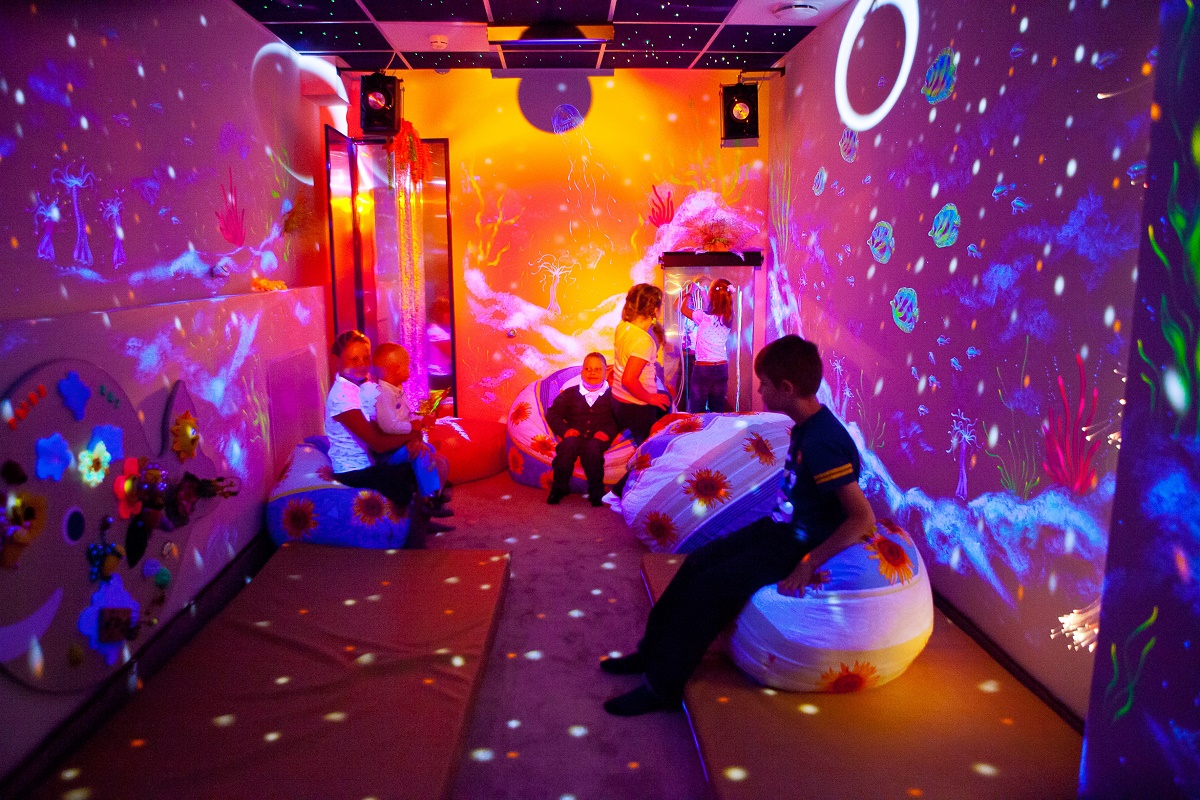Racism in health care is a significant issue that impacts the lives of several individuals. Racist language, physical and verbal abuse are common in the bedside room of a hospital. Patients have been denied access to services, medications and dignity. Racism in healthcare affects every aspect of patient care in the first visit prior discharge.
The first step to combating racism in health care is to address the problems that affect the regular experience of patients. Racism in healthcare begins with a mindset shift in the staff who are viewed as having an effect on how patients are treated. According to a report released by the National Association of Hispanic Health Professionals (NASHP), healthcare workers inadvertently perpetuate racism by using words, gestures and behaviours that aim and hurt the racial and ethnic groups in their care. Nurses and other specialists should learn to work with all people instead of focusing on a market.
It’s also crucial for health care workers to be mindful that they are not immune from these types of prejudices. According to a report published by the American Medical Association, 75 percent of physicians feel that they treat all patients with the same disrespect. Furthermore, according to the American Psychological Association, prejudice against patients using a certain race is equally as common as prejudice against any other race. Research has shown that healthcare workers often don’t establish higher standards of care according to race or ethnicity. Healthcare providers are legally obligated to maintain adequate working conditions for all individuals, irrespective of their race or ethnicity.
Racism in healthcare has a much bigger effect on patients than the true treatment they receive. Many patients are subjected to humiliating or degrading treatment, that makes it impossible for them to keep any sense of control over their body or their life. Racism in healthcare also affects patients emotionally, preventing them from feeling safe or valued within the health care environment. Doctors and other professionals that witness this racism don’t offer a nurturing atmosphere for patients and don’t make them feel as though they are a part of a system which values their health and well-being above everyone else.
Healthcare workers are generally required to function in stressful, potentially harmful environments. Due to their environment, these folks may experience greater rates of stress, anxiety, and burnout. This can have adverse psychological effects on patients, which makes it difficult for individuals to form bonds and connect with fellow workers, causing problems with how they react to stress-related illnesses such as heart disease, cancer, and diabetes.
The impacts of racism in healthcare are especially troubling because racism can go unnoticed or unexpressed by the patient’s family and other caregivers. Often times, individuals in healthcare will be the very first people to encounter patients that are essay on racism and discrimination experiencing different hardships. As stated by the Emory University School of Nursing, healthcare workers are forced to assist these individuals overcome the trauma caused by their disorders, but they might do so without learning about cultural norms and biases that lead to bad treatment choices and insufficient care. By addressing and changing healthcare worker’s behaviours and attitudes toward individuals of all races, cultures, and backgrounds, health care workers can make sure that everybody gets the care that they need and deserve.









